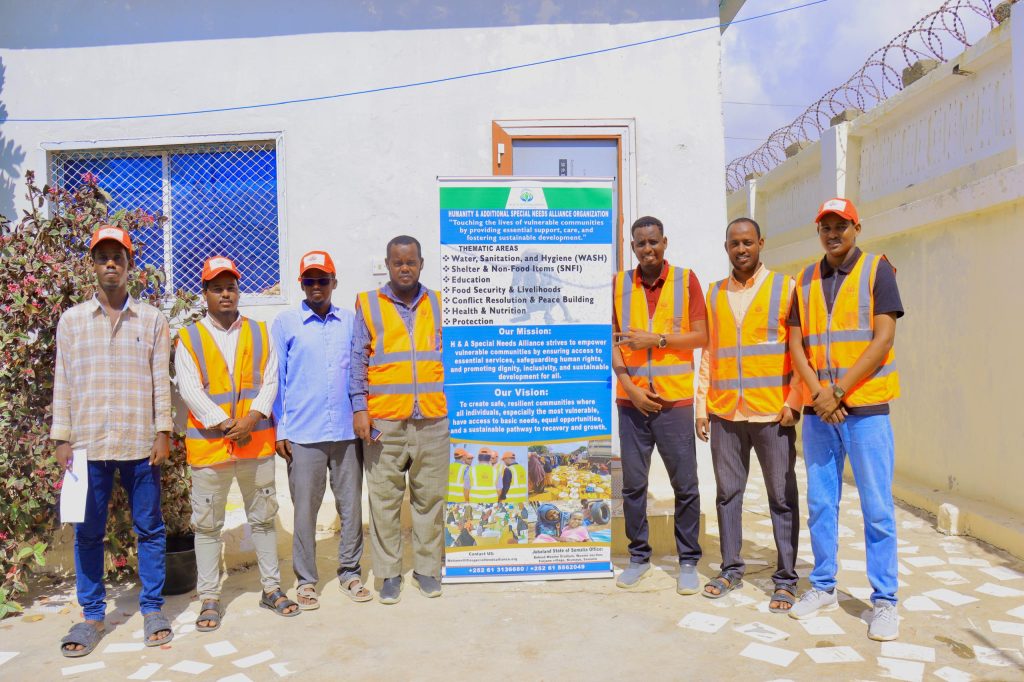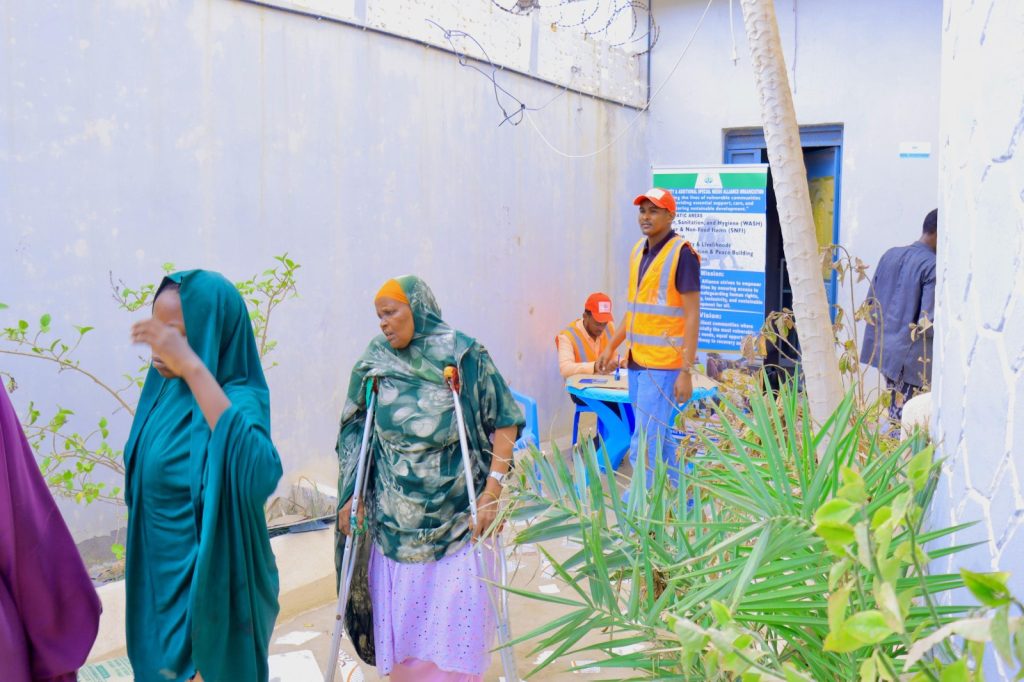
During the holy month of Ramadan 2025, a Zakatul Fitri food distribution initiative was carried out in Kismayo, Jubaland State, Somalia. The initiative aimed to support impoverished, displaced, and marginalized households by providing essential food items in accordance with Islamic charitable obligations.
Through strategic planning, community engagement, and collaboration with local entities, the program reached 100 vulnerable households, each receiving sufficient food for two weeks. The initiative not only addressed immediate food insecurity but also reinforced community solidarity and religious values.
Despite logistical and resource challenges, the program’s success highlights the potential of faith-based, community-driven aid models. This report provides a detailed account of the implementation, impact, and lessons learned, with recommendations for enhancing future efforts.
Background / Context
Kismayo, a major port city in southern Somalia, faces chronic humanitarian challenges due to prolonged conflict, economic instability, and natural disasters. These issues have contributed to high levels of internal displacement and widespread food insecurity.
During Ramadan, these vulnerabilities are exacerbated as families struggle to secure adequate food for breaking their fasts. Zakatul Fitri, a mandatory charity in Islam, offers an opportunity to provide both spiritual and material relief to those in need.
